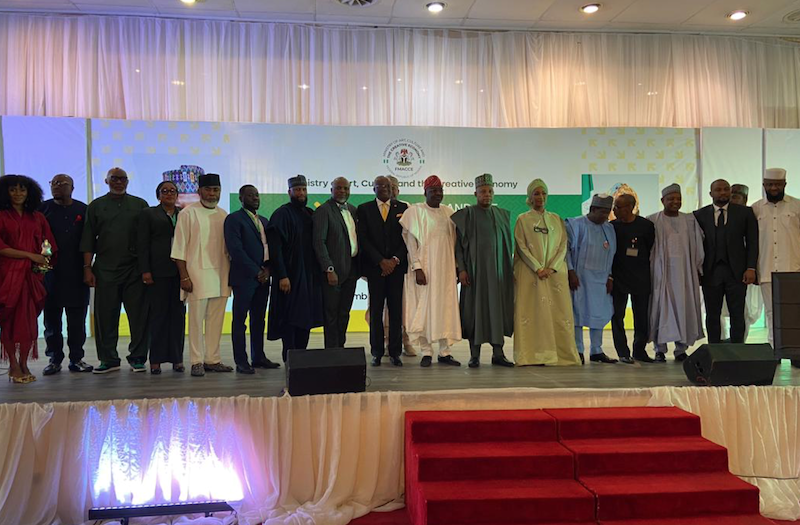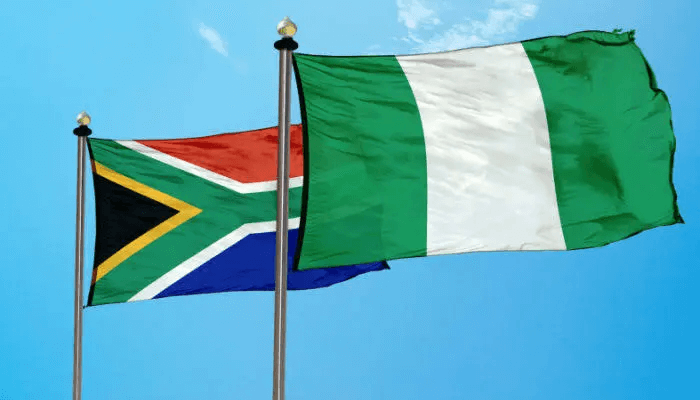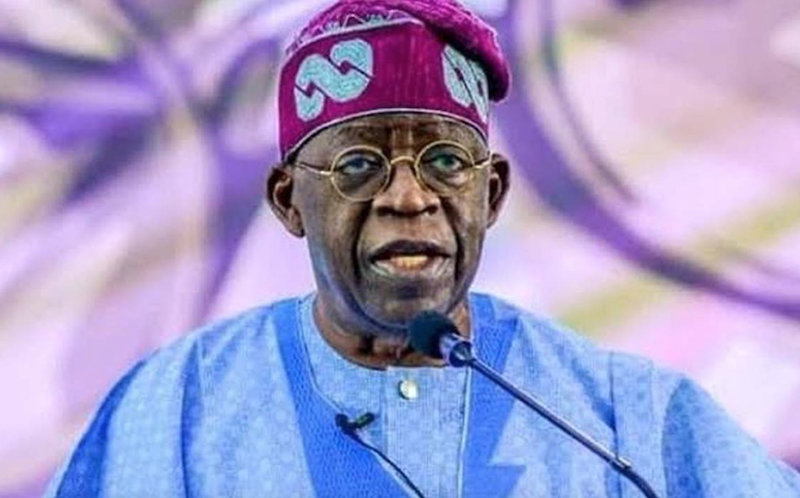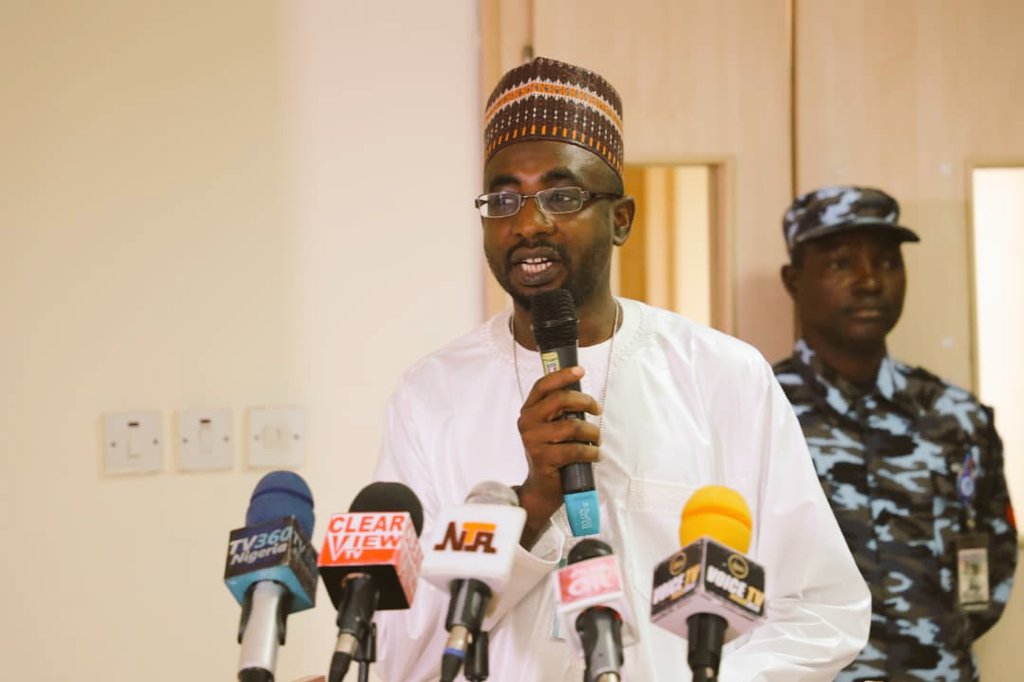The real Gross Domestic Product (GDP) growth for Africa is expected to average 3.8 per cent and 4.2 per cent in 2024 and 2025.
The African Development Bank (AfDB) said this in its latest Macroeconomic Performance and Outlook (MEO) report.
In a statement issued on the Bank’s website, this is higher than the projected global averages of 2.9 per cent and 3.2 per cent, according to the report.
According to the report, the continent is set to remain the second-fastest-growing region after Asia.
“The top 11 African countries projected to experience strong economic performance forecast are Niger (11.2 per cent), Senegal (8.2 per cent), Libya (7.9 per cent) and Rwanda (7.2 per cent)”
“Others are Cote d’Ivoire 6.8 per cent, Ethiopia 6.7 per cent, Benin 6.4 per cent), Djibouti 6.2 per cent, Tanzania 6.1 per cent, Togo 6 per cent, and Uganda at six per cent” the report said.
It quoted Dr Akinwumi Adesina, AfDB’s President, as saying “in spite the challenging global and regional economic environment, 15 African countries have posted output expansions of more than five per cent.”
Adesina, therefore, called for larger pools of financing and several policy interventions to boost Africa’s growth further.
Africa’s Macroeconomic Performance and Outlook is a biannual publication released in the first and third quarters of each year.
It complements the existing African Economic Outlook (AEO), which focuses on key emerging policy issues relevant to the continent’s development.
The MEO report provides an up-to-date evidence-based assessment of the continent’s recent macroeconomic performance and short-to-medium-term outlook amid dynamic global economic developments.
Adesina said the latest report called for cautious optimism given the challenges posed by global and regional risks.
He listed the risks to include rising geo-political tensions, increased regional conflicts, and political instability all of which could disrupt trade and investment flows, and perpetuate inflationary pressures.
According to Adesina, fiscal deficits have improved, as faster-than-expected and recovery from the pandemic helped shore up revenue.
“This has led to a stabilisation of the average fiscal deficit at 4.9 per cent in 2023, like 2022, but significantly less than the 6.9 per cent average fiscal deficit of 2020”
“The stabilisation is also due to the fiscal consolidation measures, especially in countries with elevated risks of debt distress.”
The AfDB boss said that with the global economy mired in uncertainty, the fiscal positions of the African continent would continue to be vulnerable to global shocks.
“The report shows that the medium-term growth outlook for the continent’s five regions is slowly improving, a pointer to the continued resilience of Africa’s economies”
Presenting key findings of the report, the AfDB’s Chief Economist and Vice President, Prof. Kevin Urama said growth in Africa’s top-performing economies had benefitted from a range of factors.
Urama said the factors include declining commodity dependence through economic diversification, increasing strategic investment in key growth sectors, rising both public and private consumption, and positive developments in key export markets.
“Africa’s economic growth is projected to regain moderate strength as long as the global economy remains resilient, disinflation continues, investment in infrastructure projects remains buoyant, and progress is sustained on debt restructuring and fiscal consolidation,” he said.
On his part, Amb Albert Muchanga, the Commissioner for Economic Development, Trade, Tourism, Industry and Minerals, African Union Commission, said the future of Africa rested on economic integration.
According to Muchanga, our small economies are not competitive in the global market. Moreover, a healthy internal African trade market can ensure value-added and intra-African production of manufactured goods.
He said that the MEO forecast, and recommendations would be made available to African heads of state.
He said the report would be useful when the African Union made its proposals to the G20- an informal gathering of the world’s largest economies to which the Union was admitted in 2023.
“The improved growth figure for 2024 reflects concerted efforts by the continent’s policymakers to drive economic diversification strategies focused on increased investment in key growth sectors.
“And the implementation of domestic policies aimed at consolidating fiscal positions and reversing the increase in the cost of living and boosting private consumption,’’ Muchanga said.
Also speaking, Zimbabwe’s Minister of Finance and Economic Development, Prof Mthuli Ncube described the report as being “on point” and consistent with the reality in his country.
Ncube said it was useful for economic planning across Africa and urged AfDB to continue its thoughtful leadership to help policymakers continue to build resilience to withstand shocks and drive growth.
He said: “Zimbabwe expects slower growth due to climate shocks in the region. Southern African countries depend on agriculture for economic growth, so climate-proofing agriculture is key.
“We are in talks with creditors to restructure its debt, which is slowing economic growth. Internally, the country will focus on economic and governance reforms and reforms around property rights to increase agricultural production.”
Meanwhile, Prof. Jeffrey Sachs, the Director, Centre for Sustainable Development, Columbia University said about 41 countries across the continent would in 2024, achieve an economic growth rate of 3.8 per cent.
Sachs said in 13 of them, growth would be more than one percentage point higher than in 2023.
The Director said that long-term affordable financing must be part of Africa’s strategy to achieve growth of seven per cent or more per year.
He warned that Africa was paying a very high-risk premium for debt financing, and called for this point to be made to the G20.
“Long-term development cannot be based on short-term loans. Loans to Africa should be at least 25 years or longer.
“Short-term borrowing is dangerous for long-term development. Africa must act as one in scale,” he said.
Sachs, who is also the UN Secretary-General António Guterres’ Advocate for Sustainable Development Goals also called for a much larger AfDB, better resourced to meet Africa’s financing needs.









